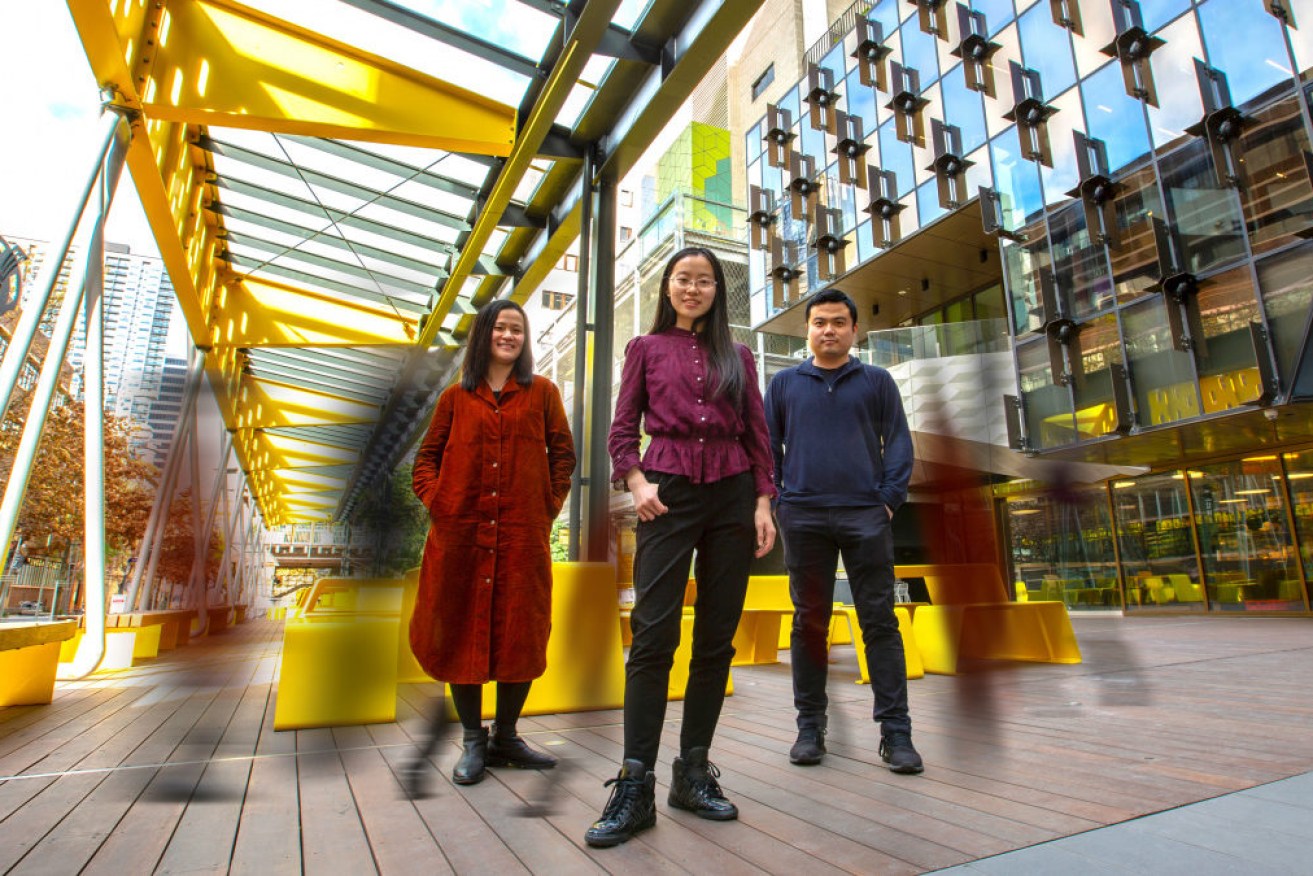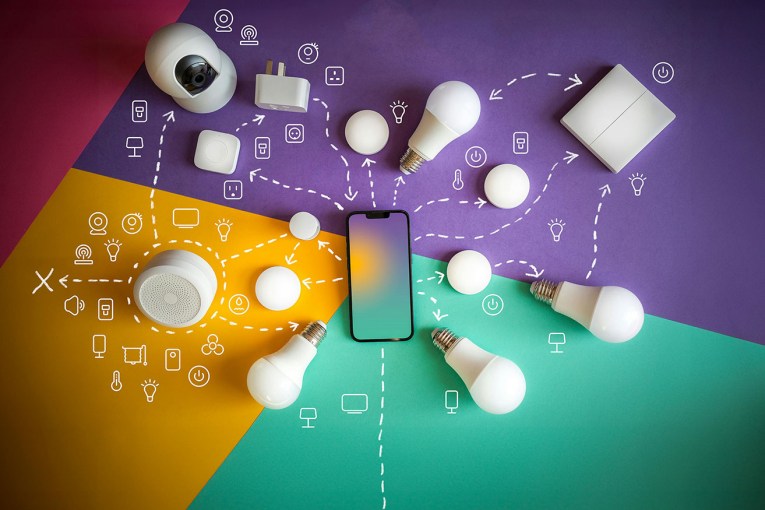Scientists use smartphone data to accurately predict personality types


Computer scientists Dr Flora Salim, Nan Gao and Dr Wei Shao used phone data to predict personality. Photo: RMIT
A new Australian study has used mobile phone data to accurately predict what type of person someone is.
Three researchers from RMIT University in Melbourne used data from mobile phone accelerometers – the tiny sensors tracking phone movement for step-counting and other apps – to predict people’s personalities.
The researchers used accelerometer data, along with call and messaging logs, to pinpoint five major personality traits.
While call and messaging logs from mobile devices had already been used to predict personality traits, the study showed that adding accelerometer data improved the accuracy of predictions.
The findings were published in an IEEE computer journal report titled Predicting Personality Traits from Physical Activity Intensity
Physical activity has a strong correlation with human personalities, RMIT University computer scientist and study co-author Flora Salim, an expert in human mobility data, said.
“Activity like how quickly or how far we walk, or when we pick up our phones up during the night, often follows patterns,” Associate Professor Salim said.
“These patterns say a lot about our personality type.”
The big five personality traits
The researchers analysed a public dataset gathered from participants at a US university to determine which of the “big five” personality traits mobile phone users exhibited.
The big five traits are:
- Extraversion: How energetic, sociable and talkative you are
- Openness: How curious and inventive you are
- Agreeableness: How friendly and compassionate, rather than suspicious and hostile, you are to others
- Conscientiousness: How organised, efficient and careful you are
- Neuroticism: How nervous and sensitive, rather than confident and secure, you are.
Key findings
The study found that people with consistent movements on weekday evenings were generally more introverted, while extroverts displayed more random patterns, perhaps meeting different people and taking up unplanned options.
Agreeable people had more random activity patterns and were busier on weekends and weekday evenings than others.
Friendly and compassionate females made more outgoing calls than anyone else.
Conscientious, organised people didn’t tend to contact the same person, often in a short space of time.
Sensitive or neurotic females often checked their phones or moved with their phones regularly well into the night, past midnight. Sensitive or neurotic males did the opposite.
More inventive and curious people tended to make and receive fewer phone calls compared to others.
Study lead author Nan Gao said the findings could be used for a deeper understanding of human behaviour and “help to reveal who we are to ourselves”.
“There are applications for this technology in social media with friend recommendations, online dating matches and targeted advertising, but I think the most exciting part is what we can learn about ourselves,” she said.
“Many of our habits and behaviours are unconscious but, when analysed, they tell us a lot about who we really are so we can understand ourselves better, resist social pressure to conform and to empathise with others.
“Most importantly, being who we truly are can make our experience of life richer, more exciting and more meaningful.”








